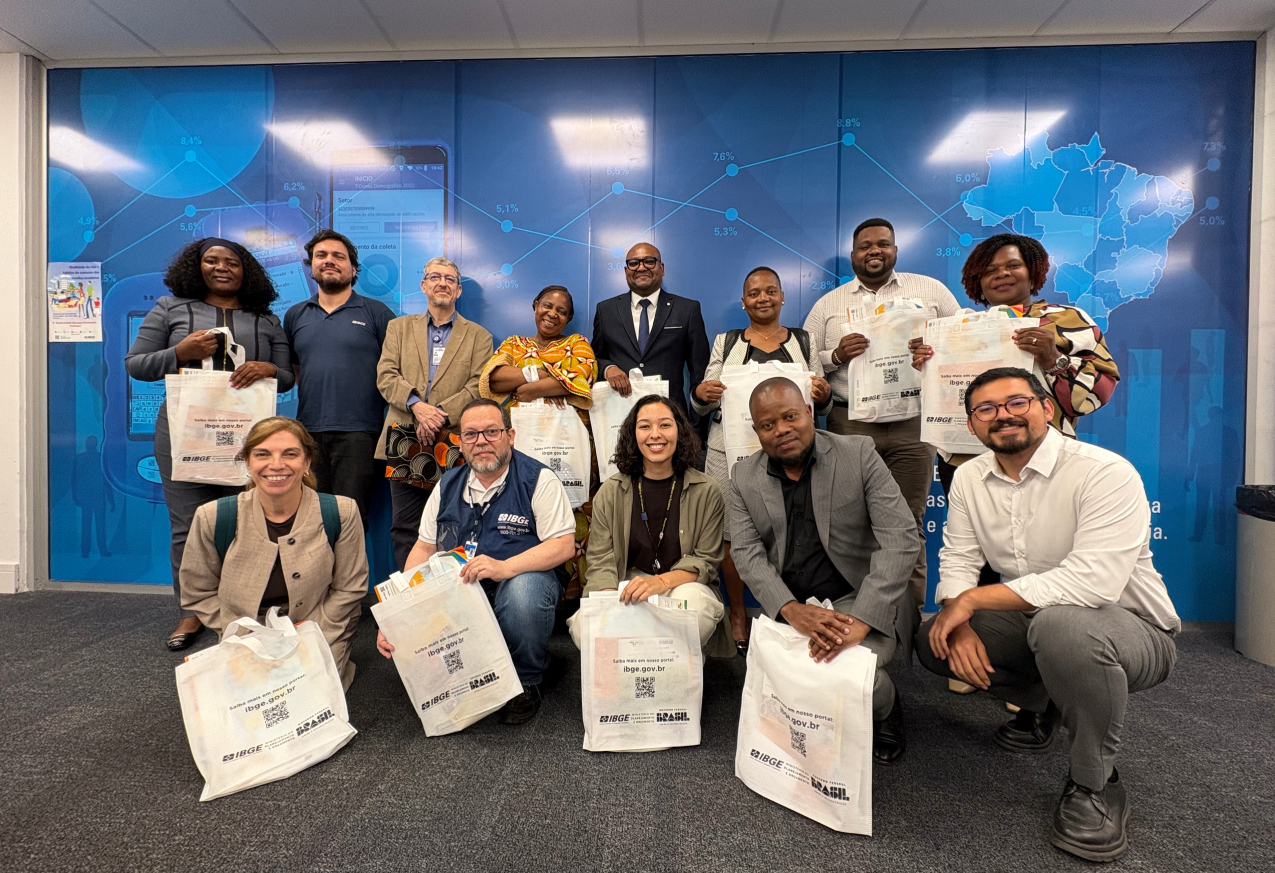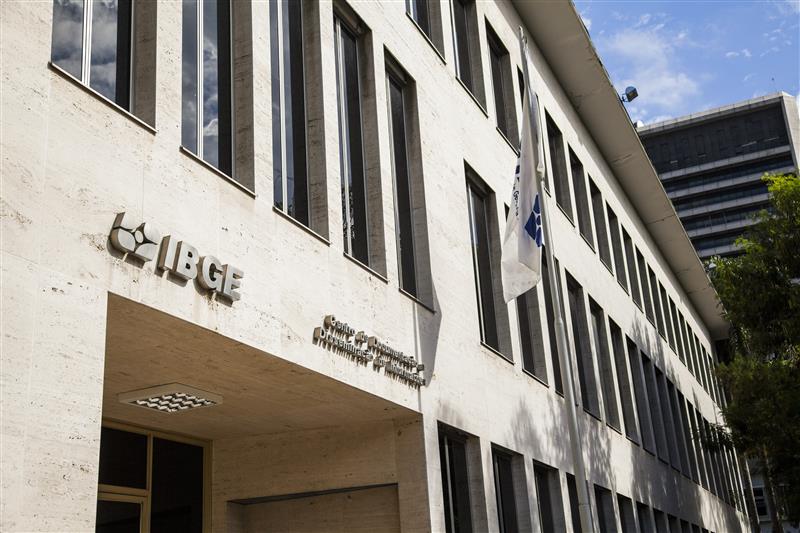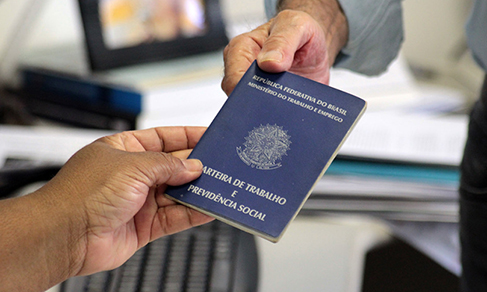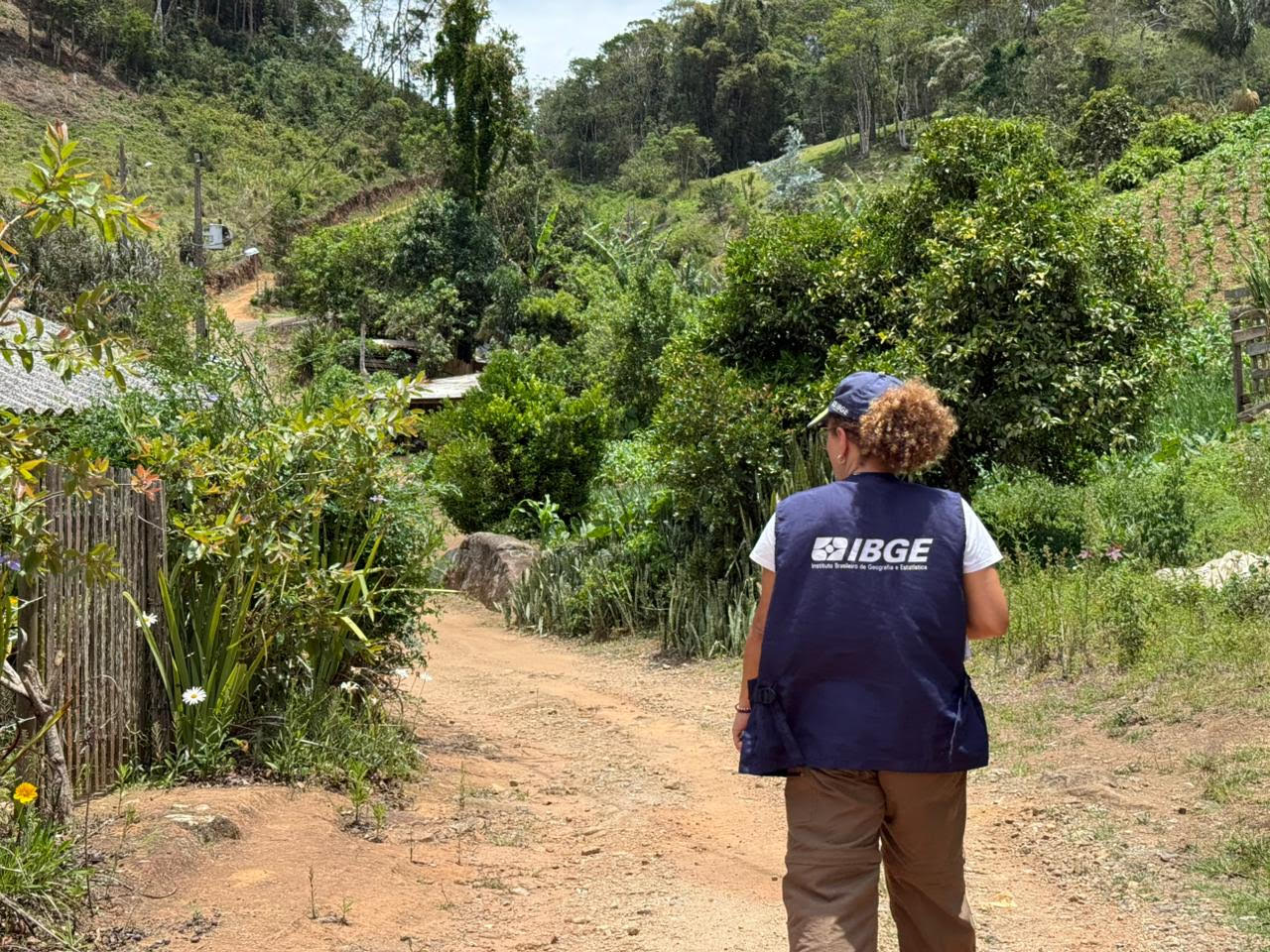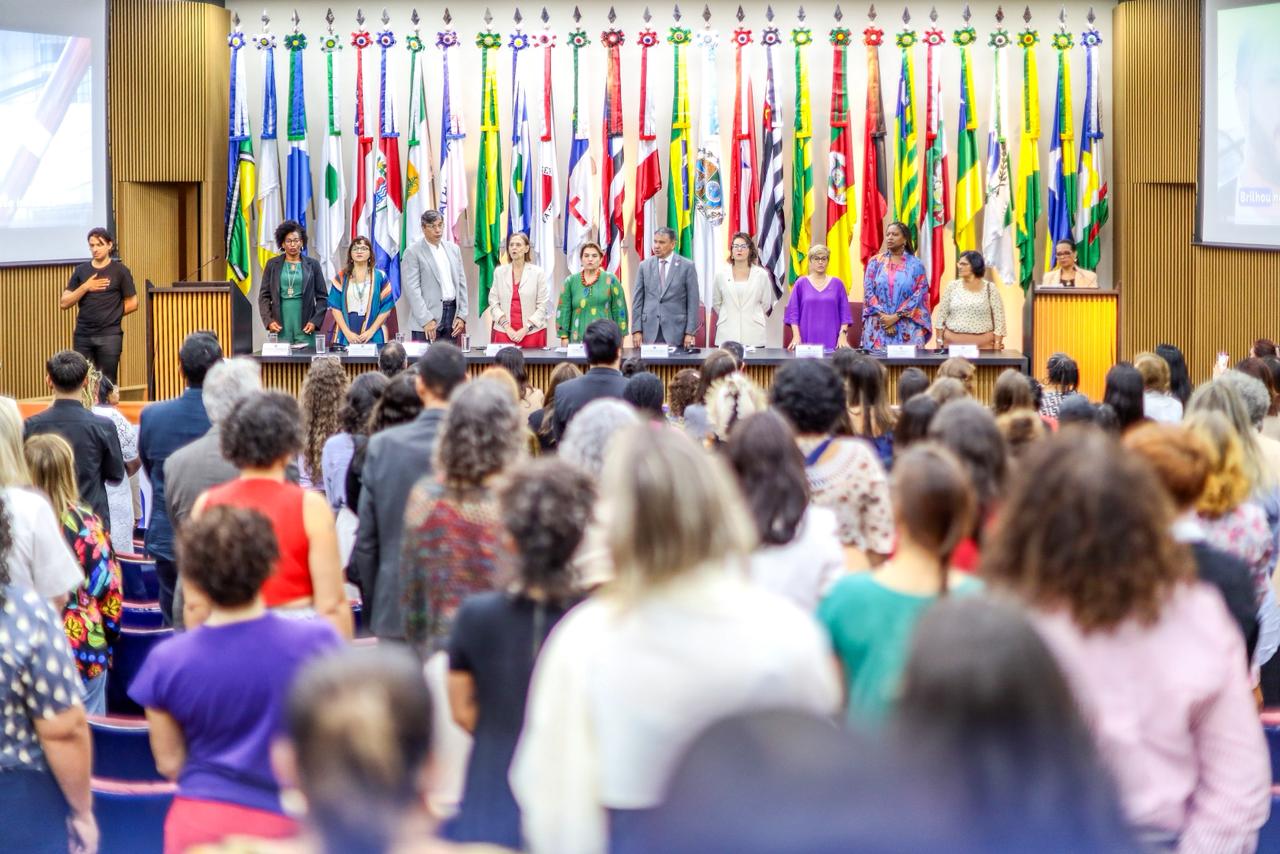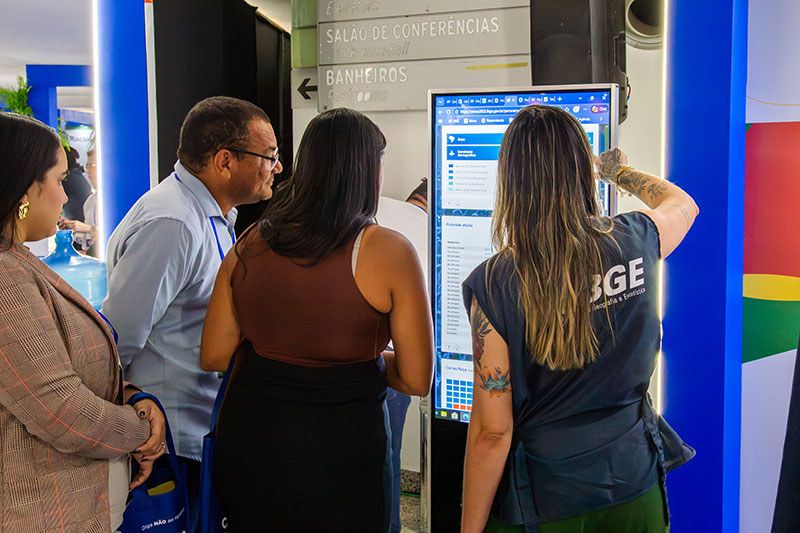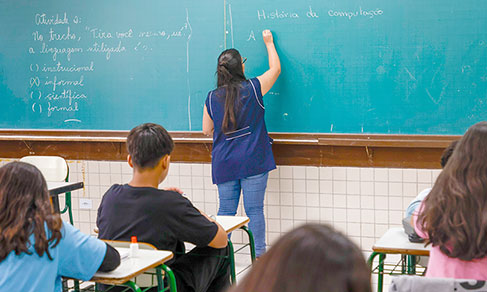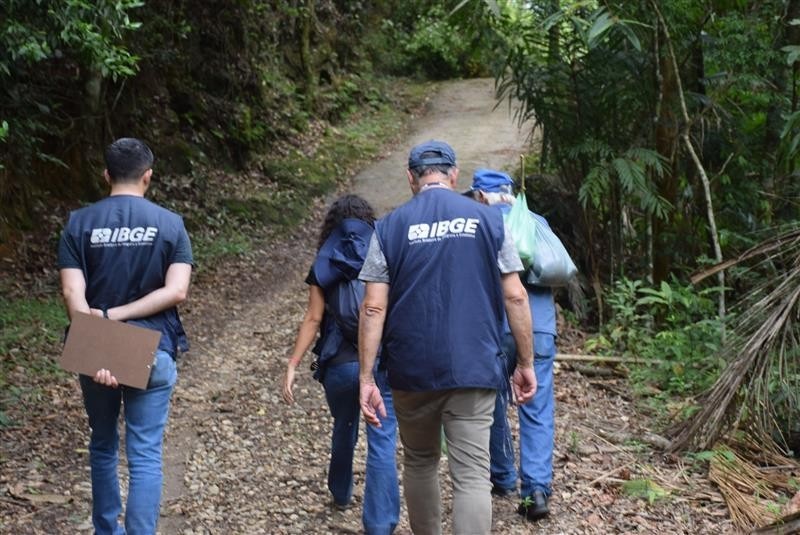IBGE closes agreement with Unicamp and UFG to develop Artificial Intelligence tools applied to public policies
December 01, 2023 03h51 PM | Last Updated: December 04, 2023 12h56 PM
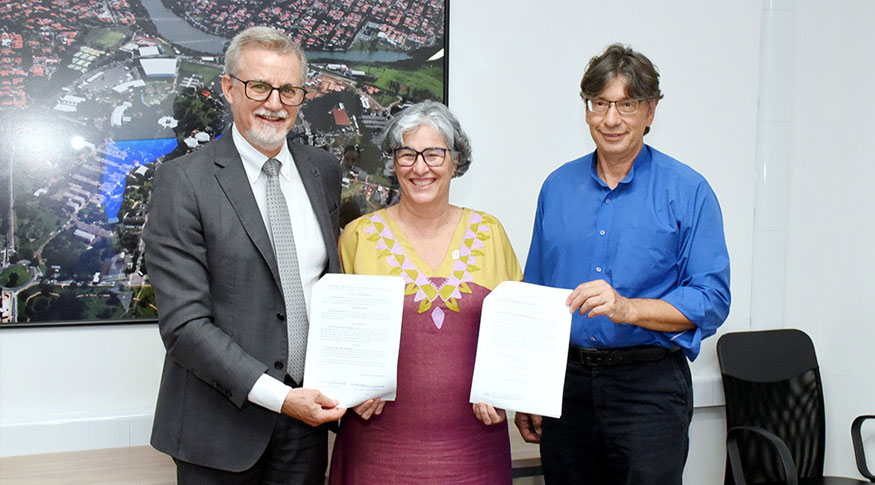
The IBGE executed a technical cooperation agreement with the Federal University of Goiás (UFG) and the State University of Campinas (Unicamp) for the development of the Artificial Intelligence Applied to Public Policies (IAPP) project. The execution of the document took place on the morning of this Thursday, 30th, at Unicamp's Dean Cabinet, in Campinas (SP), with the participation of the president of the IBGE, Marcio Pochmann, Unicamp's Dean, Antonio Meirelles, as well as UFG's Dean, Angelita Pereira de Lima, Vice-Dean, Jesiel Carvalho, and Planning Vice-Dean, Vicente Rochade.
The purpose of the partnership is to develop a series of conversational tools to be widely used by municipal and state managers across Brazil, to assist in the development of diagnoses and software using Artificial Intelligence (AI). One of the tools is ChatPP, to support research in the field of public policies. GeraPP will also be created, whose target is to produce and keep texts and materials about public policies in a specific repository, fed by a network of university and research institutions spread throughout the country. Another mechanism to be created is QualificaPP, for professional qualification of municipal and state administrations and social participation counselors to access and use information for public debate, formulation and management of public programs throughout the national territory.
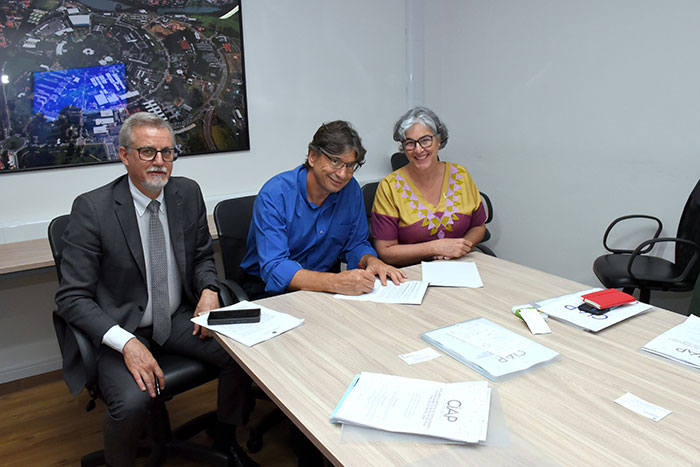
“We need a digital era State. A more efficient, more capable State. And I think that what we are doing here could become a milestone in the country’s trajectory”, said Mr. Pochmann. “This recognition, that we are in this new phase of the digital era, in which data is the center of business, calls on national thought, national intelligence, to give an ultimate response, because, if we want a country that is not sovereign only from an economic and political point of view, but also from the point of view of your data, it is essential that we move forward in this perspective, which is here, established in this meeting of minds”, highlights the president of IBGE.
The dean of Unicamp assesses that in the current scenario “the University has decided to open itself up to greater interaction with society, and carrying out this project at this time provides the possibility of directing our body of researchers and professors in order to do this on a large scale”, says Mr. Meirelles, adding that the formation of a network aimed at providing guidance on public policies is innovative and offers great potential for cooperation among institutions, for the provision of services to municipalities.
For the dean of UFG, the concepts of inclusion, reduction of inequalities, efficiency and transparency define public policies in this project: “I believe that the two universities and the IBGE, together, are able to do a great relevance job for the country”, concluded Ms. Lima.
More information for society
“There are very committed people at the forefront, developing a series of experiences in public policies that need to be known, documented and made available to other managers” says Paulo de Martino Jannuzzi, general coordinator of the IBGE National School of Statistical Sciences (Ence). “For the IBGE, this project will allow further dissemination of the information and statistics produced and make them available to society”, he adds.
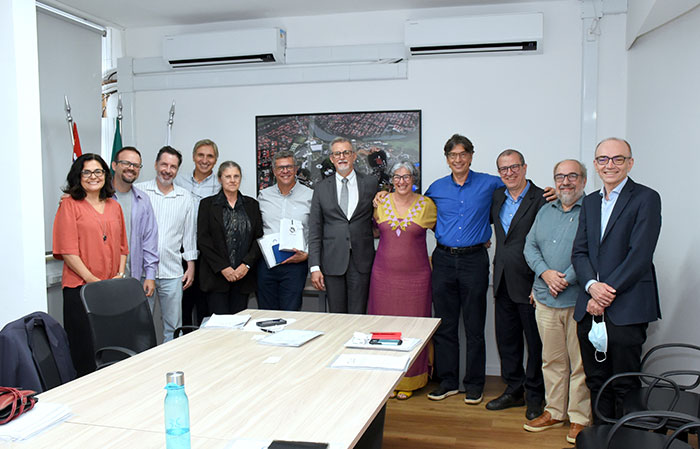
After the agreement execution, there was the first meeting of the project's Governance Committee, with the three parties defining its guidelines. In the afternoon, representatives from the IBGE and UFG paid a visit to Unicamp's National Center for High Performance Processing (Cenapad-SP), a place with extremely high-performance computers that will develop the project's tasks alongside the Multiuser High Performance Computing Laboratory at the Federal University of Goiás (LaMCAD/UFG). “With this agreement, the IBGE will be able to use all of this excellent Cenapad structure”, celebrates Mr. Jannuzzi.
At the end of the day, representatives of the institutions gave a presentation of the project and held a discussion table with the technical team and researchers from the Center for Public Policy Studies (Nepp) at Unicamp to begin outlining the next stages of the project.
*With SEC-Unicamp


